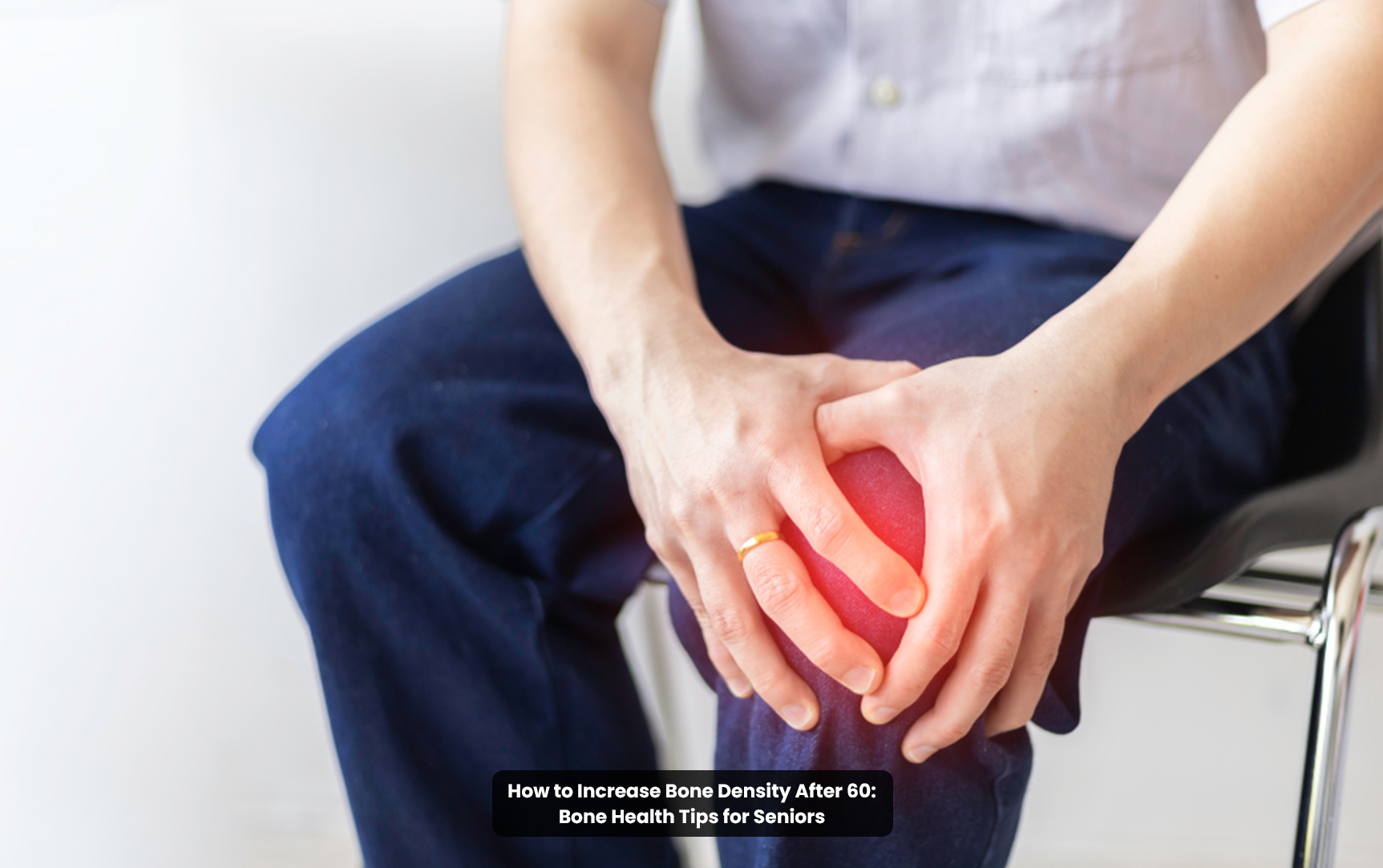
Yes! While bone loss is common with age, proper nutrition, exercise, and lifestyle changes can help maintain or even improve bone density.
It typically takes 6–12 months of consistent effort (exercise, diet, and supplements) to see measurable changes in bone density tests.
If your diet lacks essential nutrients like calcium, vitamin D, or magnesium, supplements can help. However, it’s best to consult a doctor before taking them.
Walking is a great weight-bearing exercise, but for better results, it should be combined with strength training and resistance exercises.
Early signs include back pain, loss of height, a stooped posture, and frequent fractures. Regular bone density tests can help in early detection.
Ashiana, Ashiana Housing build homes. Homes surrounded by vast green spaces and fresh breeze. Homes cocooned in secured gated complexes. Homes where futures are forged and there are opportunities to grow. And Homes in environments brimming with healthy activity, trust and respect. At heart, we build communities with care.
Other posts by Ashiana
Join 1000+ of fellow readers. Get expert real estate knowledge straight to your inbox absolutely free. Just enter your email address below.